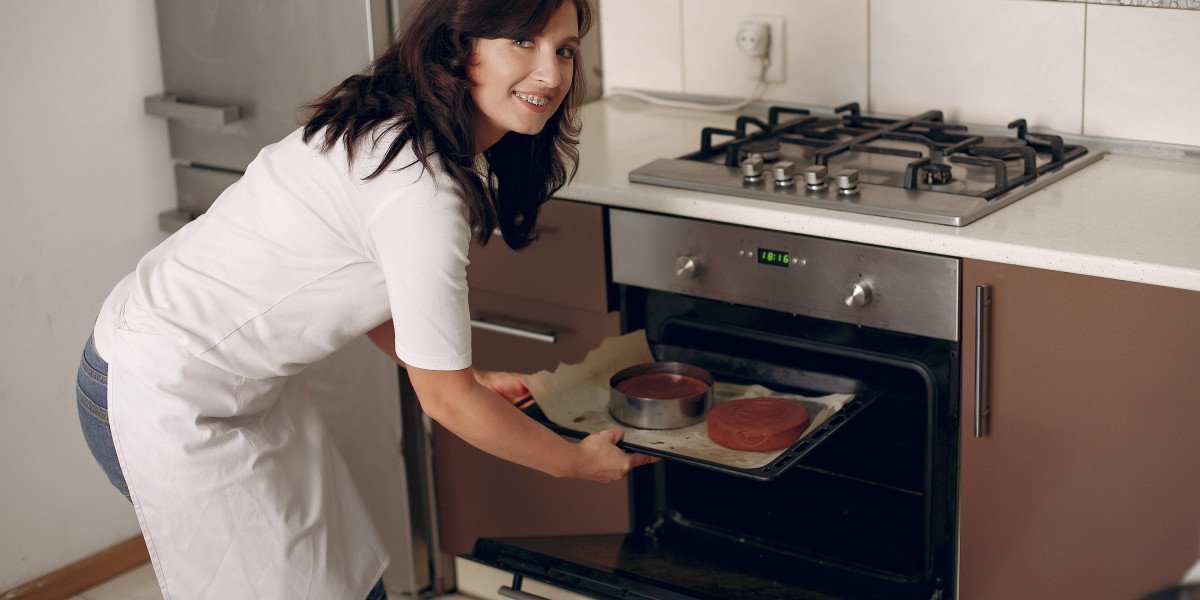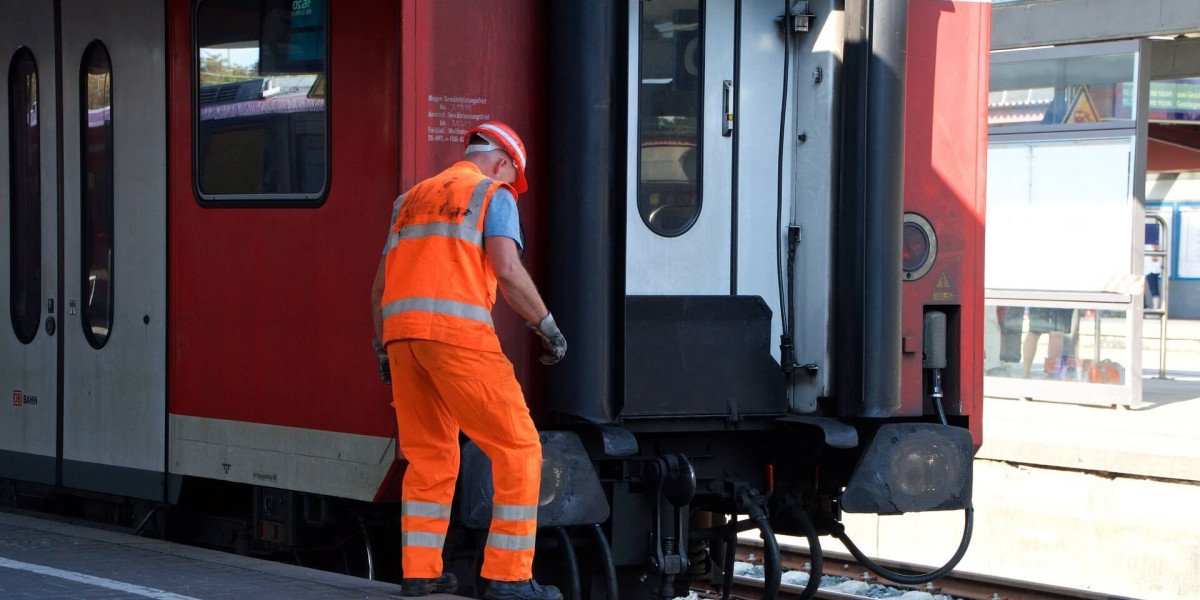When people think about Umrah packages, they usually imagine flights, hotel ratings, and how close the accommodation is to the Haram. But the Hijaz – the blessed region of Makkah and Madinah – is not just a destination for rituals. It also carries a living tradition of hospitality, manners, language, food, and community that can deeply enrich your journey if you know how to tap into it.
The problem is, many pilgrims arrive, perform their rites, stay inside their hotel bubble, and leave without truly experiencing the warmth and culture of the people who live around the Haramain. With a bit of thought and the right type of package, you can change that.
This guide explains how Umrah packages can help you connect with the culture and hospitality of the Hijaz – in a way that supports your ibadah, not distracts from it.
The Missed Opportunity in Most Umrah Trips
A lot of pilgrims come home saying things like:
- “I did Umrah, but I only really saw the inside of my hotel and the masjid.”
- “I didn’t interact much with locals; everything was handled by the group.”
- “We ate in the same restaurant every day; I don’t feel I experienced the culture.”
This happens when packages are built only around logistics, not around human connection. You complete your Umrah, but you miss out on:
- The warmth of local greetings and generosity.
- The unique Hijazi mix of old and new – tradition and modern life.
- Real conversations that remind you the Ummah is vast, diverse, and beautiful.
The good news: with the right design, Umrah packages can actually help you taste this culture, without compromising your worship.
1. Local Guides: More Than Just “Tour Leaders”
One of the biggest keys to experiencing Hijazi culture is who is guiding you.
Instead of only having a logistical rep who just points to locations, look for Umrah packages that include:
- Local or long-term resident guides
People who live in Makkah or Madinah (or have lived there for years) can share: - How daily life works around the Haramain
- Local customs and respectful behaviour
- Hidden gems that are culturally rich but often overlooked
- Bilingual or multilingual support
A guide who can speak Arabic and your language can: - Help you interact with locals in shops, markets, and small cafes
- Explain phrases you hear often (like different greetings and duas)
- Keep you safe from misunderstandings or miscommunications
Problem solved: Instead of feeling like a stranger just passing through, you begin to feel connected to the city and its people through someone who knows both worlds.
2. Experiencing Hijazi Hospitality Through Food
In many cultures, including the Hijaz, hospitality is deeply tied to food. But some Umrah packages keep you trapped in repetitive buffet meals that feel like any standard hotel in the world.
Look for packages that offer:
- Opportunities to try local dishes
Thoughtfully planned meals in reputable local restaurants (or carefully chosen hotel menus) where you can sample: - Traditional rice dishes shared on a large tray
- Local breads, dates, and simple home-style meals
- Hijazi-style drinks and sweets (in moderation!)
- Balanced schedules that allow you to explore food options
Enough free time (without overdoing it) so you can: - Visit a local bakery after Fajr
- Try tea or coffee in a quiet spot after ‘Isha
- Buy dates and snacks from traditional markets
Problem solved: Food shifts from “just fuel” to a way of touching local life and appreciating the generosity and simplicity of the people.
3. Respectful Visits to Traditional Markets (Souqs)
Modern malls are everywhere, but traditional markets (souqs) are where you’ll feel the soul of the city.
Good Umrah packages might include guided visits to:
- Souqs near the Haramain
- Date markets in Madinah
- Small shops run by families for generations
A well-designed cultural element in your package will:
- Explain basic etiquette: how to greet, how to bargain politely, how to say thank you.
- Encourage you to practice few Arabic words (like salaam, JazakAllahu khayran, Afwan).
- Remind you not to let shopping overpower your intention – you’re there to experience, not to hoard.
Problem solved: Shopping stops being mindless and becomes a respectful encounter with local traders, their smiles, and their stories.
4. Learning Hijazi Etiquette and Social Norms
The Hijaz has its own flavour of manners: gentle, warm, but also dignified and rooted in Islamic values.
Some Umrah packages now include short culture and etiquette sessions, where you can learn:
- How people greet elders and scholars
- How to behave in gatherings and in the masjid environment
- How to avoid unintentionally offending people with gestures, clothing, or phone use
- How hospitality and honouring guests are seen as acts of worship
This doesn’t just help you “blend in”; it protects your ibadah from unnecessary friction and helps you be a better guest in a sacred land.
Problem solved: Instead of feeling awkward or accidentally rude, you carry yourself with confidence and respect, reflecting positively on your own community as well.
5. Building Human Connections Without Losing Focus
One fear people have is: “If I focus too much on culture and people, will I get distracted from worship?”
A wisely structured Umrah package avoids this by:
- Scheduling cultural experiences at appropriate times – not during key salah times or at the cost of your rest.
- Encouraging you to make intention for every interaction:
- Intend to spread salam
- Intend to appreciate Allah’s diversity in His servants
- Intend to show good character as a Muslim visitor
Simple acts like:
- Thanking cleaners in the Haram
- Smiling and greeting fellow worshippers from different countries
- Being patient in queues and crowds
are all ways of connecting with Hijazi hospitality and global Muslim culture, while increasing your reward, not reducing it.
Problem solved: You don’t have to choose between “spiritual” and “cultural”; with the right mindset, respectful interaction becomes part of your worship.
6. Spiritual Storytelling: Linking Culture to Seerah
Culture in the Hijaz didn’t appear randomly; much of it has roots in the life of the Prophet ﷺ and his companions.
Some of the best Umrah packages include:
- Storytelling sessions in significant locations
Your guide might explain: - How guests were hosted in early Madinah
- How the Prophet ﷺ welcomed delegations, travellers, and strangers
- How generosity became a habit, not a one-time act
- Connections between today’s customs and historical events
For example: - Why people are so eager to offer dates and water
- Why respect for scholars and elders is deeply ingrained
- Why serving pilgrims is seen as an honour
Problem solved: You stop seeing Hijazi culture as just “local habits” and start seeing it as a living reminder of prophetic manners and mercy.
7. Time With Mixed Background Groups
If your Umrah package includes pilgrims from different countries or communities, that itself is a cultural gift.
A well-managed group can:
- Expose you to different languages, dress styles, and customs within the Ummah.
- Show you how Islam has shaped cultures in different, yet complementary ways.
- Give you new friendships that continue after you return home.
The package can encourage:
- Group reflection circles where people share their experiences.
- Shared meals where cultural dishes and stories are exchanged.
- Mutual respect and curiosity, instead of cliques and division.
Problem solved: Instead of staying only with people exactly like you, you taste the beauty of a global Ummah gathering in one blessed place.
8. Questions to Ask When Choosing a Culture-Friendly Umrah Package
When you speak to an agent or review online offers, go beyond “How much?” and “How many days?”. Ask:
- “Do you provide any cultural or etiquette briefings about Makkah and Madinah?”
- “Are there guided visits to local markets or traditional areas, not just malls?”
- “Will there be time to interact with locals or learn a bit of Arabic?”
- “Does a knowledgeable guide explain the social and historical context of the places we visit?”
Look for language in the brochure or website that mentions:
- Hospitality
- Culture
- Local experiences
- Connecting with the community
- Learning about Hijazi life
This signals that the package is thinking beyond beds and buses.
Final Thoughts: Culture as a Doorway to Deeper Gratitude
At its core, your Umrah is about standing in humility before Allah. But part of that humility is also being open to the people and culture Allah has placed around His sacred sites.
The best Umrah packages help you:
- Perform your rituals correctly and peacefully.
- Experience the warmth, generosity and manners of Hijazi people.
- See how Islam has shaped daily life in the land of the Haramain.
- Return home with not just memories of marble and minarets, but of smiles, shared meals, and heartfelt salams.
When culture and hospitality are approached with the right intention, they don’t distract from your worship – they deepen your gratitude, soften your heart, and make you feel more connected to the global family of believers.







